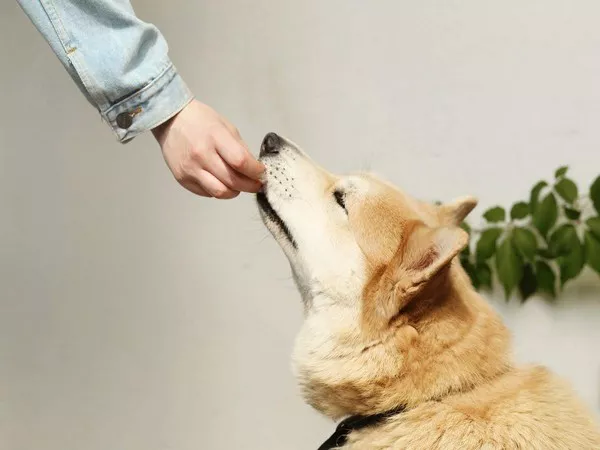In the realm of health and longevity, the gut microbiome has emerged as a pivotal player, influencing various facets of well-being ranging from digestion to immune function. Echoing the impact observed in human health, recent strides in microbiome research hint at transformative possibilities for our four-legged companions as well.
Juan Gomez-Basauri, Ph.D., the visionary mind behind Magellan, underscores the profound implications of delving into the pet microbiome. “Microbiome research is poised to reshape pet nutrition and veterinary medicine across diverse industry applications,” Gomez-Basauri emphasized. “One such avenue lies in formulating pet foods that holistically support gut health and its microbial ecosystems.”
During his upcoming session titled “Longevity, live long and prosper, the fountain of youth and the microbiome” at this year’s Petfood Forum in Kansas City, Gomez-Basauri will expound upon the future trajectory of pet microbiome research and its ramifications.
The crux of this research lies in personalization – tailoring nutrition and care strategies to suit individual pets based on their unique microbial compositions. Gomez-Basauri envisions a future where pet nutrition transcends the one-size-fits-all approach, enabling targeted interventions to prevent and manage an array of conditions from obesity to allergies.
By leveraging microbiome analysis as a diagnostic tool, Gomez-Basauri envisions the advent of “pet-sonalized” nutrition plans enriched with specific probiotics, prebiotics, and dietary regimens finely attuned to each pet’s microbiota. “This approach not only bolsters immune function but also fosters optimal digestion and nutrient absorption,” Gomez-Basauri elucidated.
Moreover, Gomez-Basauri highlights the ancillary benefits of a thriving microbiome, including weight regulation and enhanced longevity. He posits that precision nutritional interventions tailored to individual pets hold the key to elevating their overall health and well-being.
Looking ahead, Gomez-Basauri envisions a cornucopia of opportunities springing forth from microbiome research. From harnessing traditional ingredients to exploring novel alternatives like alternative proteins and non-digestible fibers, the aim is to curate diets that nurture a diverse and balanced gut microbiome.
As the field of microbiome research burgeons, Gomez-Basauri emphasizes the imperative of collaborative synergy among scientists, veterinarians, and pet food manufacturers. This collective endeavor, he asserts, will pave the way for personalized medicine in the realm of pet care, optimizing health outcomes and fostering well-being for our beloved companions and, by extension, ourselves.

























